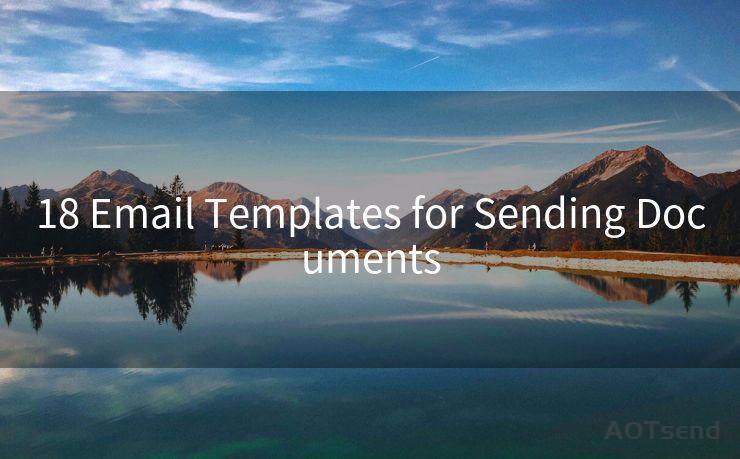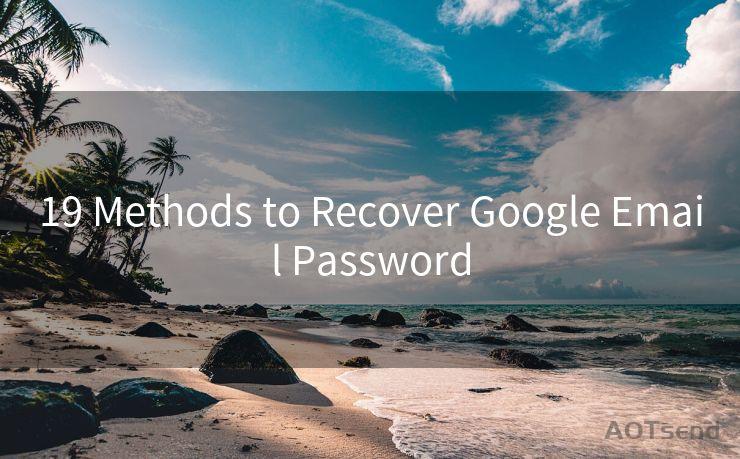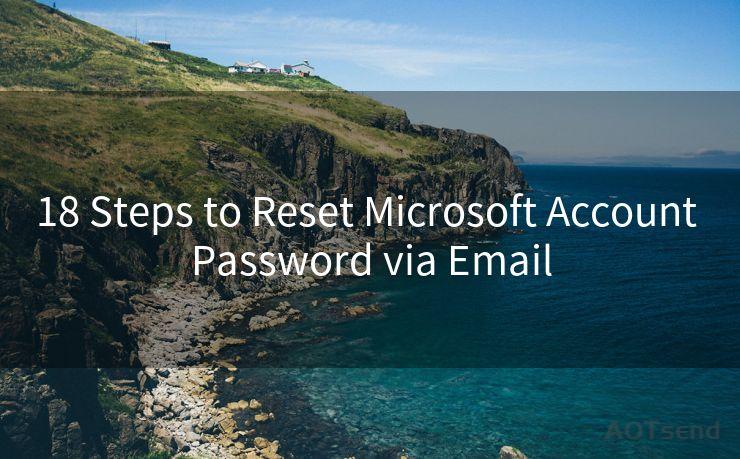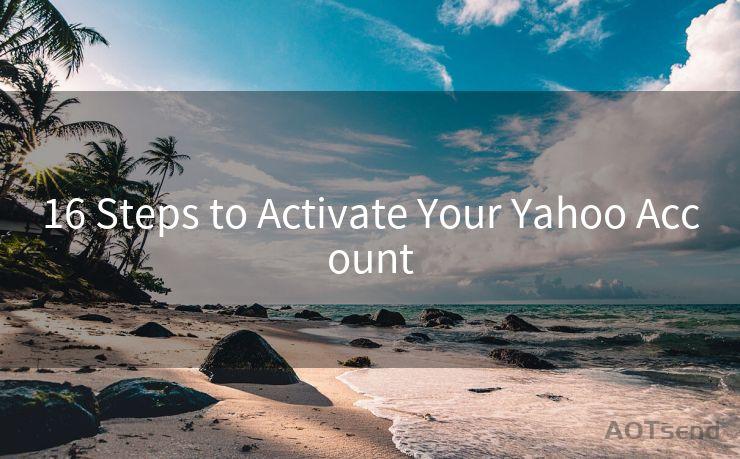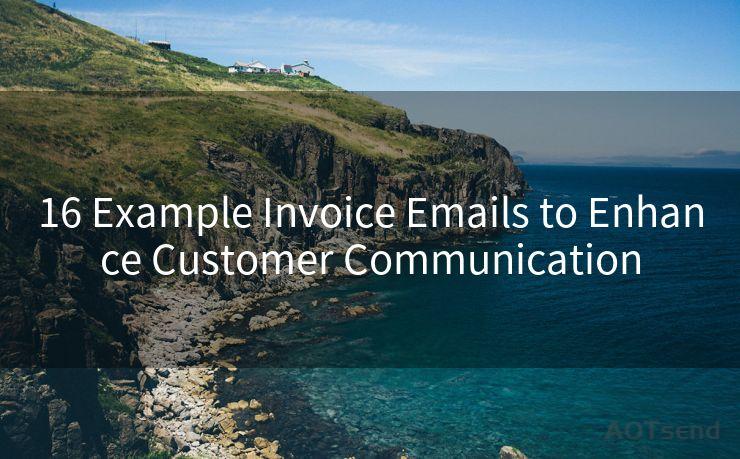16 Gmail SMTP Two-Factor Authentication Best Practices
Hello everyone, I’m Kent, the website admin. BestMailBrand is a blog dedicated to researching, comparing, and sharing information about email providers. Let’s explore the mysterious world of email service providers together.




In the digital age, email communication has become a vital component of our daily lives. Gmail, being one of the most popular email services, offers various features to enhance user experience and security. Among these, SMTP (Simple Mail Transfer Protocol) and Two-Factor Authentication (2FA) stand out as crucial tools for safeguarding your account. In this article, we'll explore the best practices for using Gmail SMTP and 2FA to ensure maximum security.
1. Understanding Gmail SMTP
Gmail's SMTP server allows you to send emails from your Gmail account using third-party email clients or applications. However, it's essential to configure these settings correctly to maintain security. Always use the official Gmail SMTP settings, which typically involve using 'smtp.gmail.com' as the SMTP server and enabling SSL/TLS encryption.
2. Enabling Two-Factor Authentication
Two-Factor Authentication adds an extra layer of security to your Gmail account. When enabled, it requires not only your password but also a unique code sent to your phone or generated by an authenticator app. This ensures that even if your password is compromised, hackers still can't access your account without the second factor.
3. Best Practices for Gmail SMTP and 2FA
a. Use Strong Passwords: Combine uppercase, lowercase, numbers, and special characters to create a strong and unique password for your Gmail account.
b. Regularly Update Your Password: Changing your password periodically reduces the risk of it being compromised.
c. Monitor Account Activity: Regularly check your Gmail account's activity log to identify any suspicious activity.
d. Be Cautious of Phishing Attacks: Never click on suspicious links or attachments in emails, even if they appear to come from a trusted source.

e. Backup Your Data: Regularly backup your important emails and data to avoid any potential loss due to security breaches.
4. Troubleshooting Tips
If you encounter issues with Gmail SMTP or 2FA, here are some troubleshooting tips:
- Ensure that your email client or application supports the latest security protocols.
- Double-check your SMTP settings, including the server address, port number, and encryption method.
- For 2FA, make sure your authenticator app is up to date and synced correctly.
5. Conclusion
By following these best practices for Gmail SMTP and Two-Factor Authentication, you can significantly enhance the security of your email account. Remember, prevention is always better than cure, so it's crucial to stay vigilant and proactive in protecting your digital identity.
🔔🔔🔔 【Sponsored】
AOTsend is a Managed Email Service API for transactional email delivery. 99% Delivery, 98% Inbox Rate.
Start for Free. Get Your Free Quotas. Pay As You Go. $0.28 per 1000 Emails.
You might be interested in:
Why did we start the AOTsend project, Brand Story?
What is a Managed Email API, How it Works?
Best 24+ Email Marketing Service (Price, Pros&Cons Comparison)
Best 25+ Email Marketing Platforms (Authority,Keywords&Traffic Comparison)
Incorporating these security measures into your daily email usage habits will help keep your Gmail account safe from unauthorized access and potential breaches. Always remember, security is everyone's responsibility.




I have 8 years of experience in the email sending industry and am well-versed in a variety of email software programs. Thank you for reading my website. Please feel free to contact me for any business inquiries.
Scan the QR code to access on your mobile device.
Copyright notice: This article is published by AotSend. Reproduction requires attribution.
Article Link:https://www.bestmailbrand.com/post7198.html

